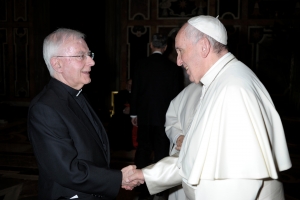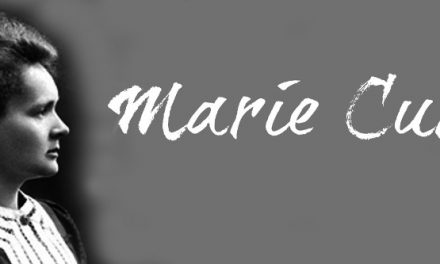Josep Ignasi Saranyana, full academician and president of the Human Sciences Section of the Royal European Academy of Doctors-Barcelona 1914 (RAED), delivered the inaugural conference of the historic conference “Lutero 500 anni dopo. Una rilettura della Riforma luterana nel suo contesto storico ed ecclesiale” (Luther 500 years later. A rereading of the Lutheran Reformation in its historical and ecclesiastical context), organized between March 29 and 31 by the Pontifical Committee of Historical Science and the first one sponsored by the Holy See throughout his history on the figure of the reformer Martin Luther (1483-1546). The sessions coincided with the 500th anniversary of the complaint of indulgences, which led to its rupture with Rome.



